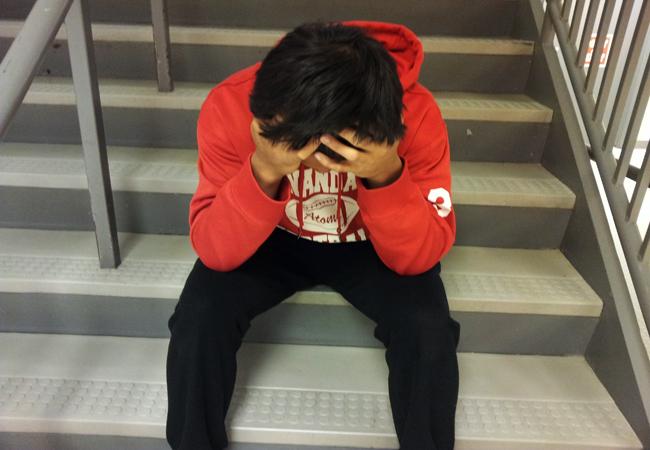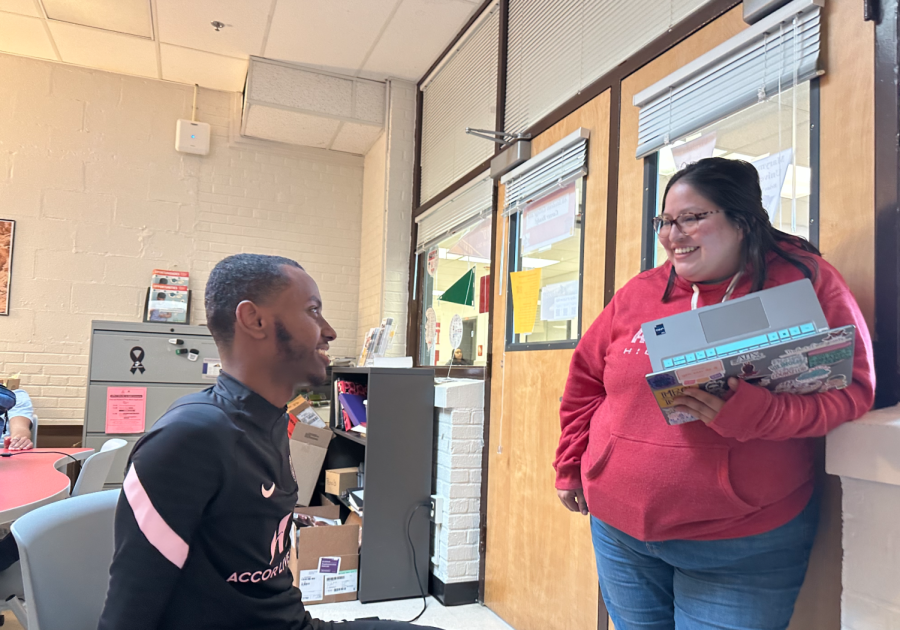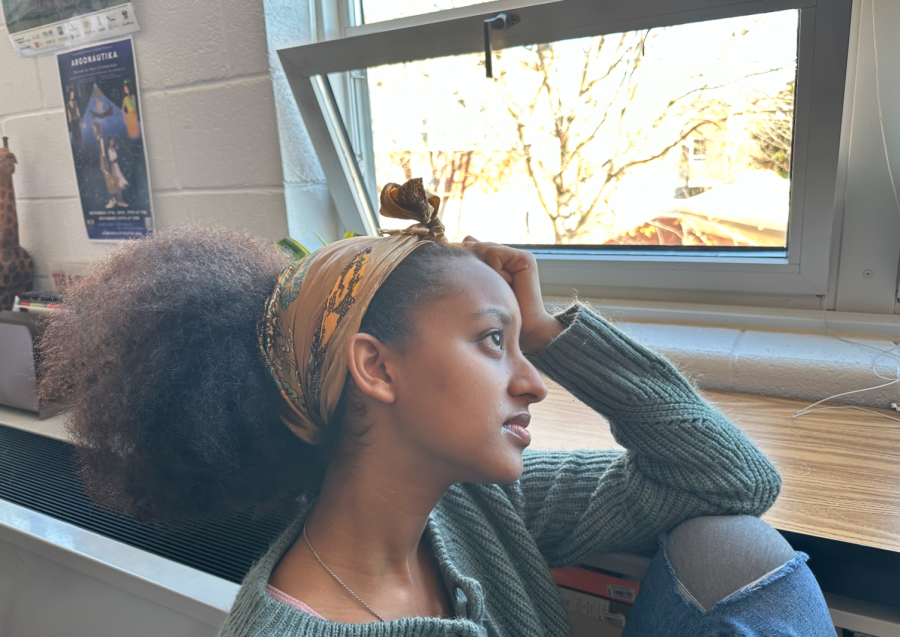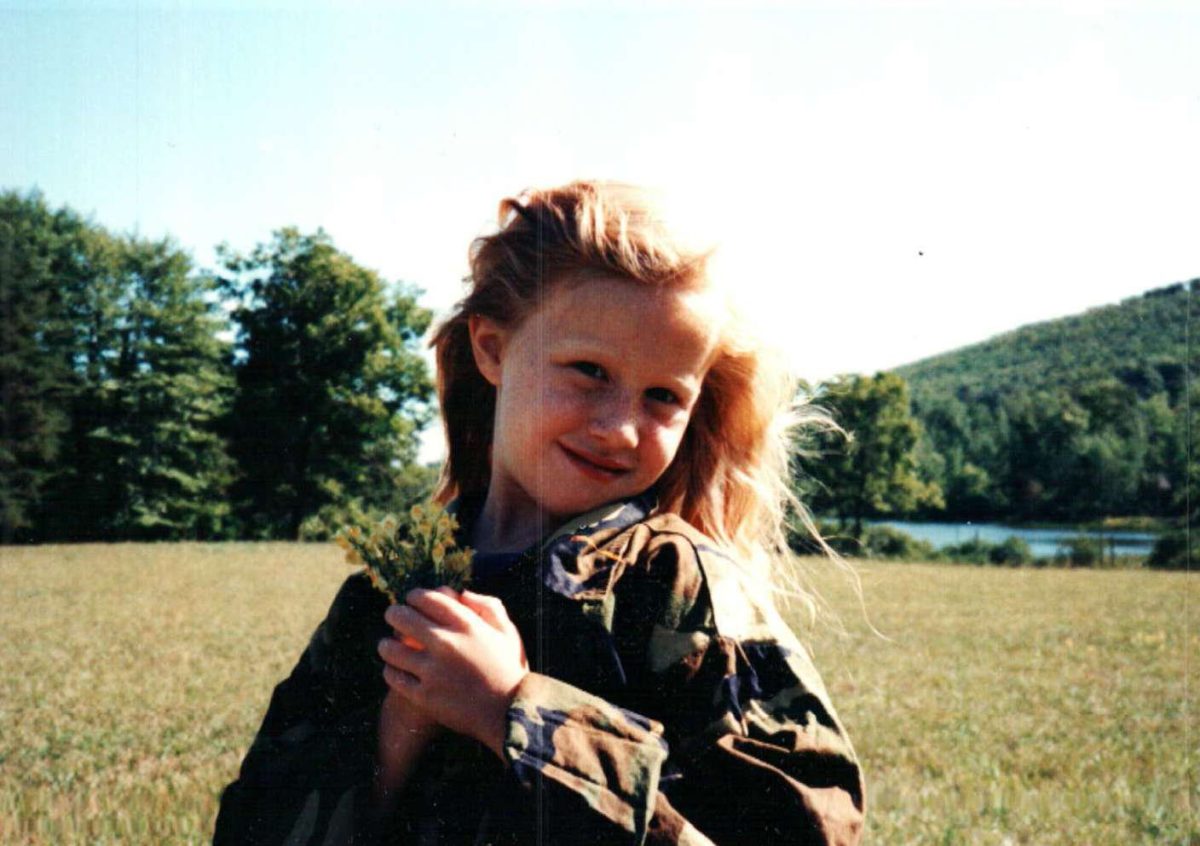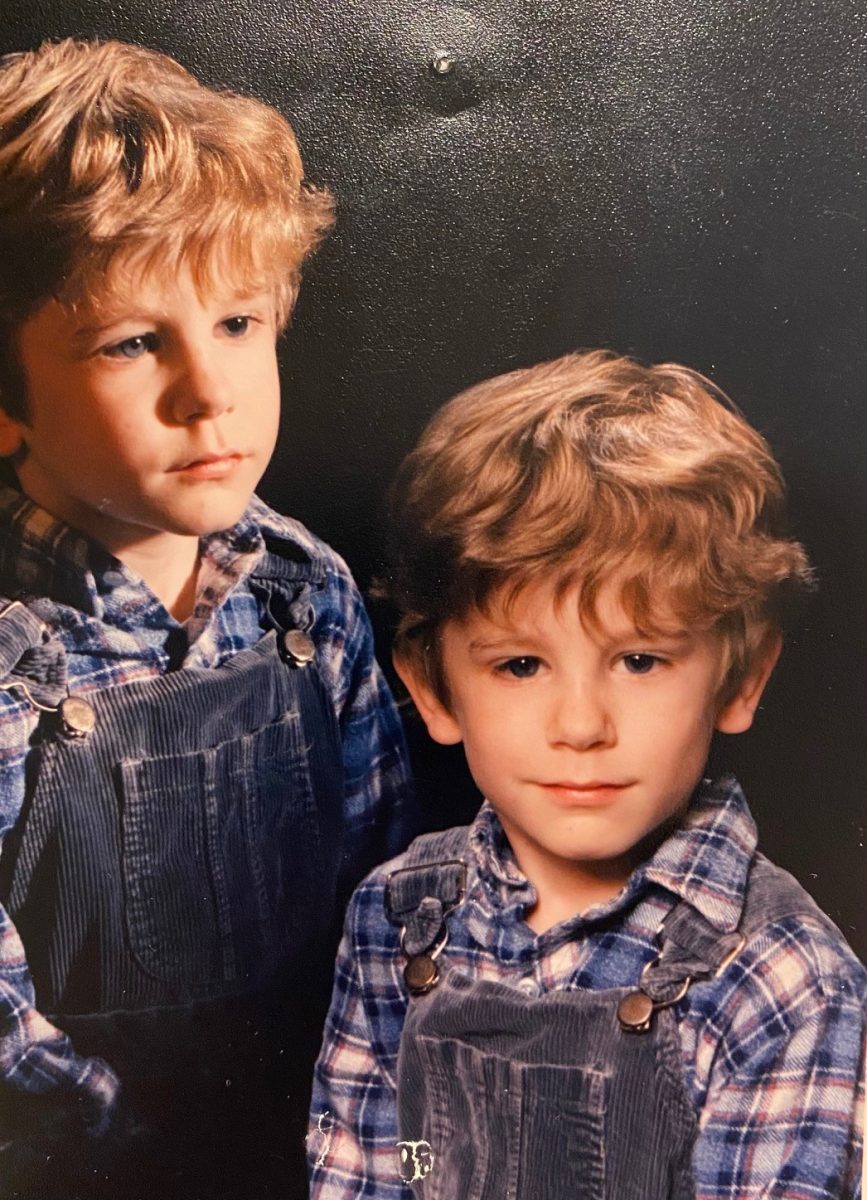Athletes, whether working professionally or for fun, are known to most likely get a concussion. People also can receive one by falling or being in a car accident. There have been a large number of athletes this year with a concussion. It causes them to be out the rest of the season. There are still some people that have a concussion, although fall season is over.
“I didn’t know where I was. I didn’t remember what happened, who hit me, and what I was doing,” sophomore Ben Martino said. “It feels quicker to the person that’s out. Thirty seconds felt like two seconds.”
Concussions can last for hours, days, weeks, or even months. Symptoms of a concussion can cause a person to have headaches, to vomit, to feel confused, or to feel drowsy. In worst case scenarios it can cause seizures, unconsciousness, loss of balance, unusual eye movements, or muscle weakness.
“I didn’t feel anything at first. Two days after, my head started to hurt,” sophomore Nelson Bersal said. “One of my friends told me he was going to math and I asked him what was math.”
Having a concussion can affect an athlete’s work progress at school. It takes a while for them to understand what they are learning.
In some cases, symptoms can take hours or days to develop. You might not even know that you have a concussion until a couple days after it happens.
“People kept coming up to me and asking, ‘did you die?’” Martino also said.
People may think that the way that a person that has a concussion acts is funny, but it is a very serious issue. Concussions causes damage to the brain which can last a lifetime.
The best way that a concussion can be treated is to limit the amount of time watching television and using the computer. The most important limitation is to get rest.



